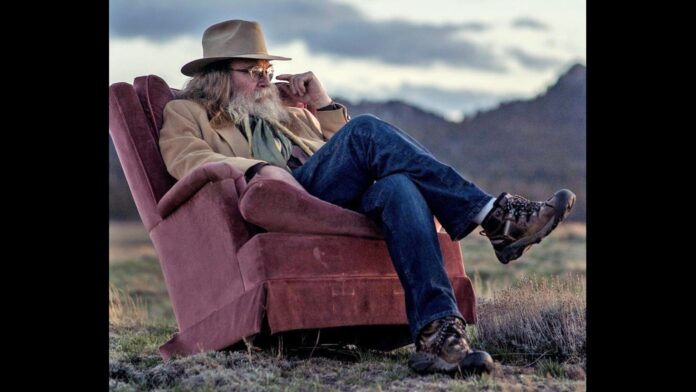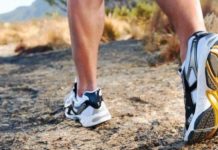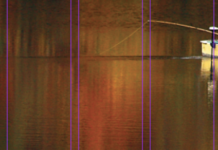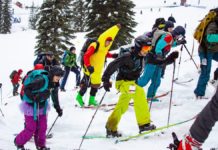***For All Things Wyoming, Sign-Up For Our Daily Newsletter***
By Rod Miller, columnist
When I owned a bookstore in Cheyenne last millennium, I’d advise my customers that a good Wyoming bookshelf could be as extensive as they like, but it needed a core of a few volumes to be complete. Those books are John McPhee’s “Rising from the Plains”, “We Pointed Them North” by Teddy Blue Abbott, James Galvin’s “The Meadow” and “Sand County Almanac”, Aldo Leopold’s classic.
Y’all will need a bigger bookshelf now, because Bob Budd just published his latest book, “Otters Dance.” It will fit right in with the aforementioned required reading about life Out Here.
To appreciate the scope of “Otters Dance”, you must first understand a bit about the author. Budd’s first job right out of college was executive of the venerable, 150 year-old Wyoming Stock Growers Association. It was a natural fit, since he was raised on a legacy cow outfit over on Wyoming’s West Side, near Big Piney.
When Budd left the Stock Growers to accept a job managing Red Canyon Ranch near Lander for The Nature Conservancy – a worldwide conservation organization – cow country clutched its pearls because a native son had gone over to the dark side. That was a seismic event in the Cowboy State!
Bob is now gainfully employed as Director of the Wyoming Wildlife and Natural Resource Trust, and “Otters Dance” describes his journey from cowboy to conservationist, from then until now. And Budd generously and eloquently shares with us the lessons he has learned along that trail.
Budd’s writing is both clear and beautiful at the same time, and that is damn hard to do. His subject matter are the irresistible forces of history and nature that have shaped, and continue to shape, Wyoming and her people, and how we have responded to them.
The backbone of this book is Budd’s power of observation of the landscape and people around him. He proves Yogi Berra’s truism that “a man can observe a lot just by watching”.
Each chapter describes a lesson learned about the natural world and its inhabitants. These lessons are taught by things as simple as an old, abandoned ranch house slowly slumping down into the soil, or a rusting blue car left in a pasture where it died decades ago. What could be better illustrations of the transitory nature of human life in a country that routinely tries to kill you?
A giant slab of cliff sheared off from Red Canyon, pushed to the brink by eons of frost and heat. A reminder that we live on a planet that is constantly leveling itself out. In the face of ice and gravity, Budd uses this event to remind us, as Leopold advised, to “think like a mountain”.
The dynamism of nature and time push and tug on everything around us from polliwogs to politicians, preventing our world from grinding to a halt. Budd’s prose is particularly evocative when he describes how even human relationships are not immune from change, whether family or neighbor. My favorite chapter in the book, “the McChesney bit” uses an old piece of tack and its various meanings to different people to drive this point home.
Did I mention that Bob Budd is a helluva writer? I double-dog dare you to read his numerous descriptions of fly-fishing the tributaries of North Piney Creek, crawling through thigh-high grass, beneath a canopy of willows, without slapping at imaginary mosquitoes on your neck. Triple-dog!
I read “Otters Dance” as a cautionary tale, warning us against human hubris in the face of a natural world that we often try, and just as often fail, to control. We are part and parcel of the processes that shape our world; we are not overlords who can control it. As Budd says, “I have learned not to argue with these things.”
As I understand what Budd is saying to us, it is all about entropy. The Law of Entropy states that the amount of available energy in a closed system is finite. The hope offered by “Otters Dance” is this; If the system is closed, then we can open it. When we open the system – in this case the human mind and heart – then things’ll unpucker pronto.
Budd, a founding member of the Radical Center, and a certified Wyoming peripheral visionary has written the textbook on unpuckering our world.
***For All Things Wyoming, Sign-Up For Our Daily Newsletter***
Credit: Source link































